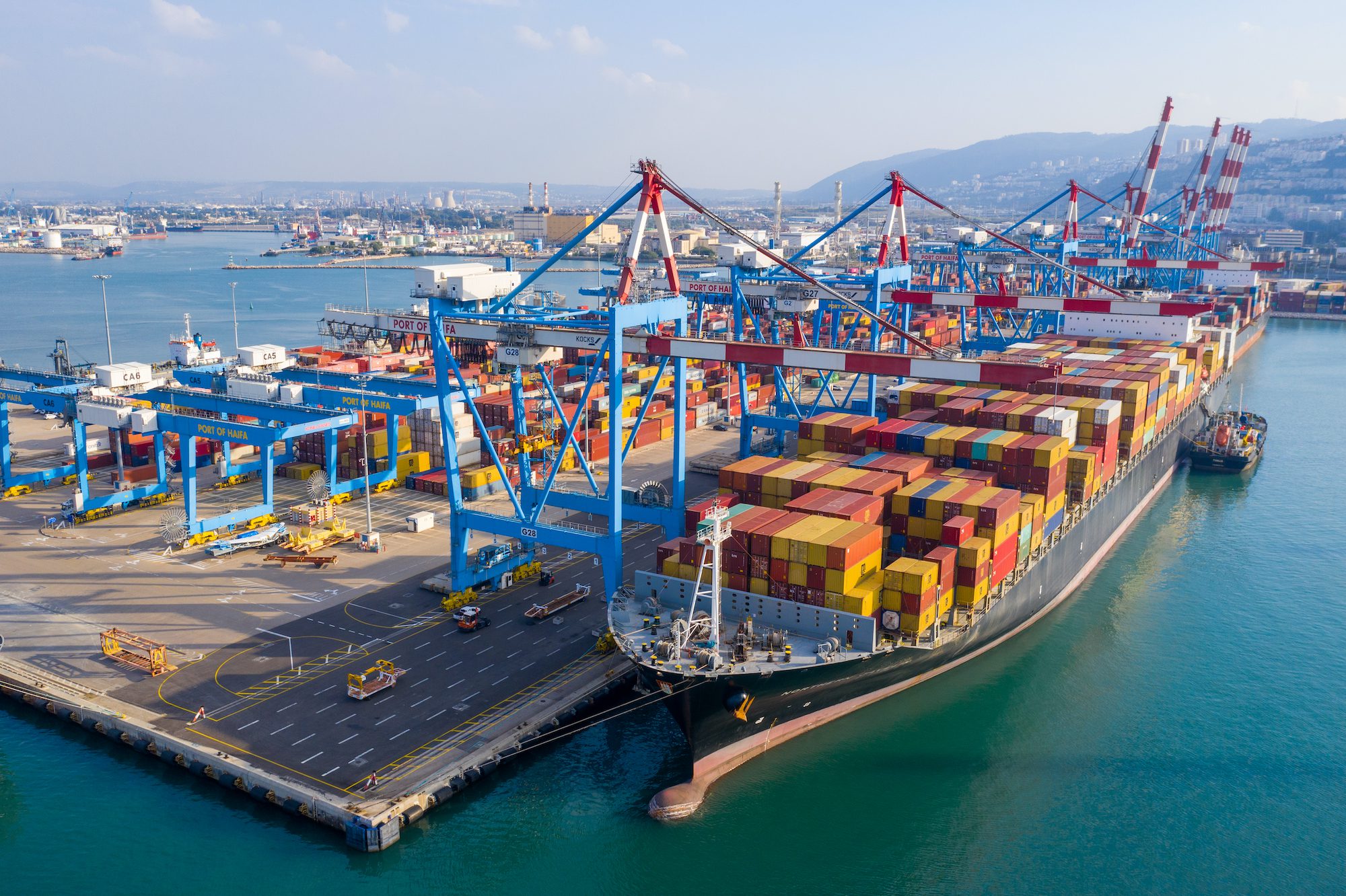
Israel conflict : Adani Ports says monitoring Haifa port situation
HAIFA : The stock price of Adani Ports was down 5 percent after the day’s closing on October 9 over mounting concern for the fate of the Haifa Port, which the Gautam Adani-led Company controls in northern Israel after the Hamas-led attack on Israel triggered a geopolitical instability in the region.
The company had acquired the port in northern Israel earlier this year for a total consideration of $1.18 billion.
“We are closely monitoring the action on the ground which is concentrated in South Israel, whereas Haifa port is situated in the North. We have taken measures to ensure the safety of our employees and all of them are safe. We remain fully alert and prepared with a business continuity plan that will enable us to respond effectively to any eventuality,” said a spokesperson from the firm.
In a media statement, Adani Ports and SEZ added that the overall contribution of Haifa to the firm’s numbers is relatively small, with the Israeli port only contributing 3 percent of the total cargo volume. “For the current financial year (Apr 23-Mar 24), we have guided for Haifa Cargo volumes range of 10-12 MMT and APSEZ’s total cargo volume guidance of 370-390 MMT. In the initial six months (Apr-Sep 23), APSEZ’s total cargo volume was ~203 MMT, of which the Haifa share is ~6 MMT. We stay confident of APSEZs business performance,” said the firm.
Last year, a consortium of Adani Ports and Gadot Group won the tender to privatise the Haifa Port, with the Adani Group holding a 70 percent stake in the consortium. The port is one of Israel’s major seaports and is responsible for the majority of the country’s imports and exports.
The Haifa Port is the second largest port in the country, the biggest in terms of tourist cruise ships. It is located north of the region of conflict, which is the southern and central parts of Israel.
Other Adani group companies also felt the fallout effects from the impact on Adani Ports; various group entities slipped up to 6 percent in trade.
Impact of Israel-Palestine conflict
As the surprise attack from the Hamas rocked the global geopolitical landscape, markets across the world felt the tremor. “The ongoing conflict in Israel is an unforeseen event impacting the market and its effects may take some time to be absorbed in full. Monitoring the situation closely, especially regarding the potential involvement of other actors like Iran, is essential,” said Santosh Meena, head of research at Swastika Investmart.
While equity markets were already feeling the pressure of rising crude prices, the attack may unleash further headwinds for equities, as crude spiked 5 percent as soon as the crisis broke out. “Surging crude oil could impact domestic inflation and can see interest rates at an elevated level for a prolonged period. FIIs are continuously selling due to higher bond yields and high crude oil prices could add more issues,” said Palka Arora Chopra, director, Master Capital Services.
Adani Ports’ share performance
Compared to the 12.8 percent run in Nifty 50 over the last year, Adani Ports has slipped 3.6 percent in the same time period. The counter’s one-year beta of 1.91 indicated high volatility in the stock. According to Trendlyne, the stock underperformed the sector by 38 percent in the past year.
Promoters held a 62.9 percent stake in the firm, as of the June quarter. DIIs owned 12.5 percent of which insurance major LIC held over 9 percent. FIIs have a 17 percent stake in the company, while the public has a 7.7 percent holding.

